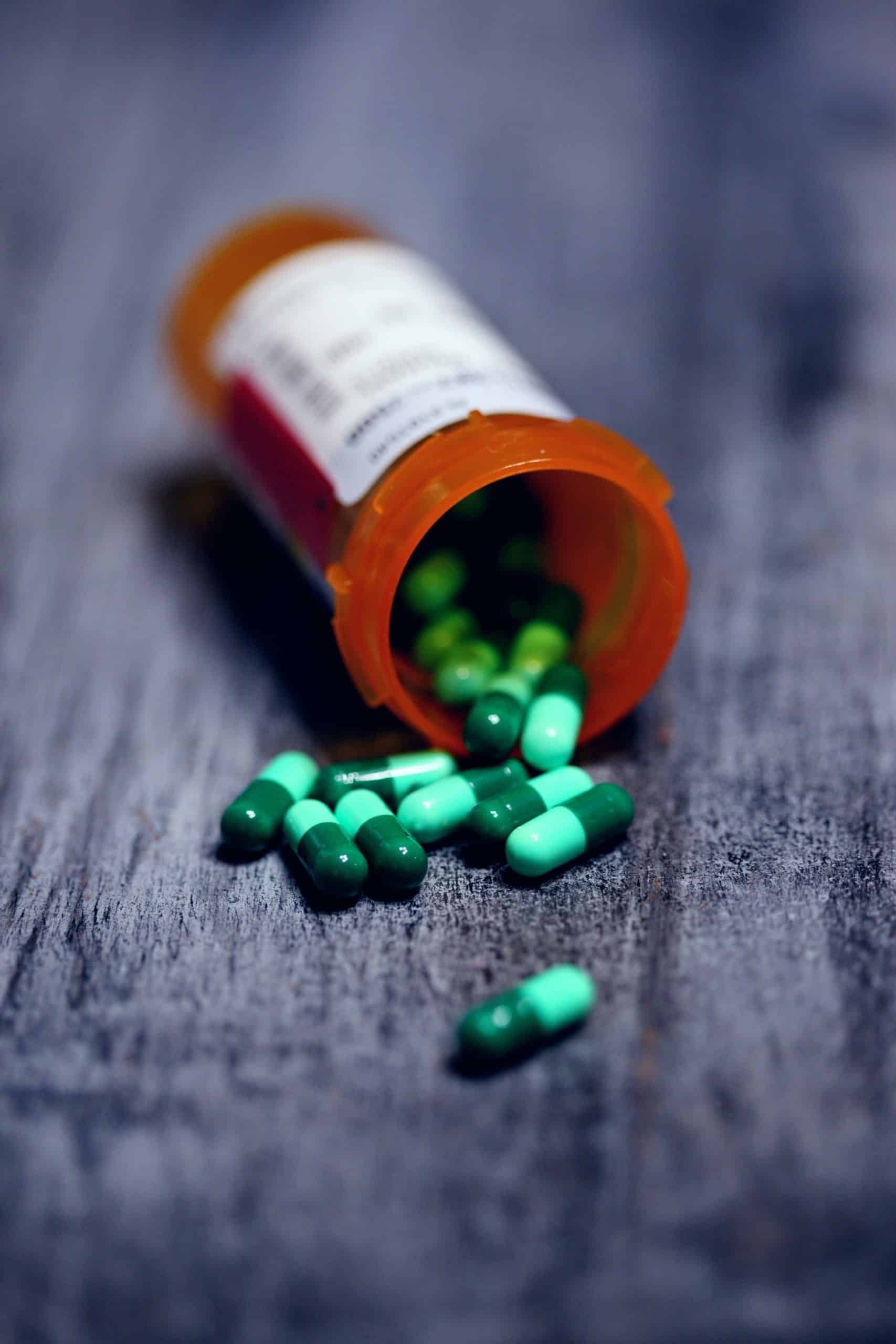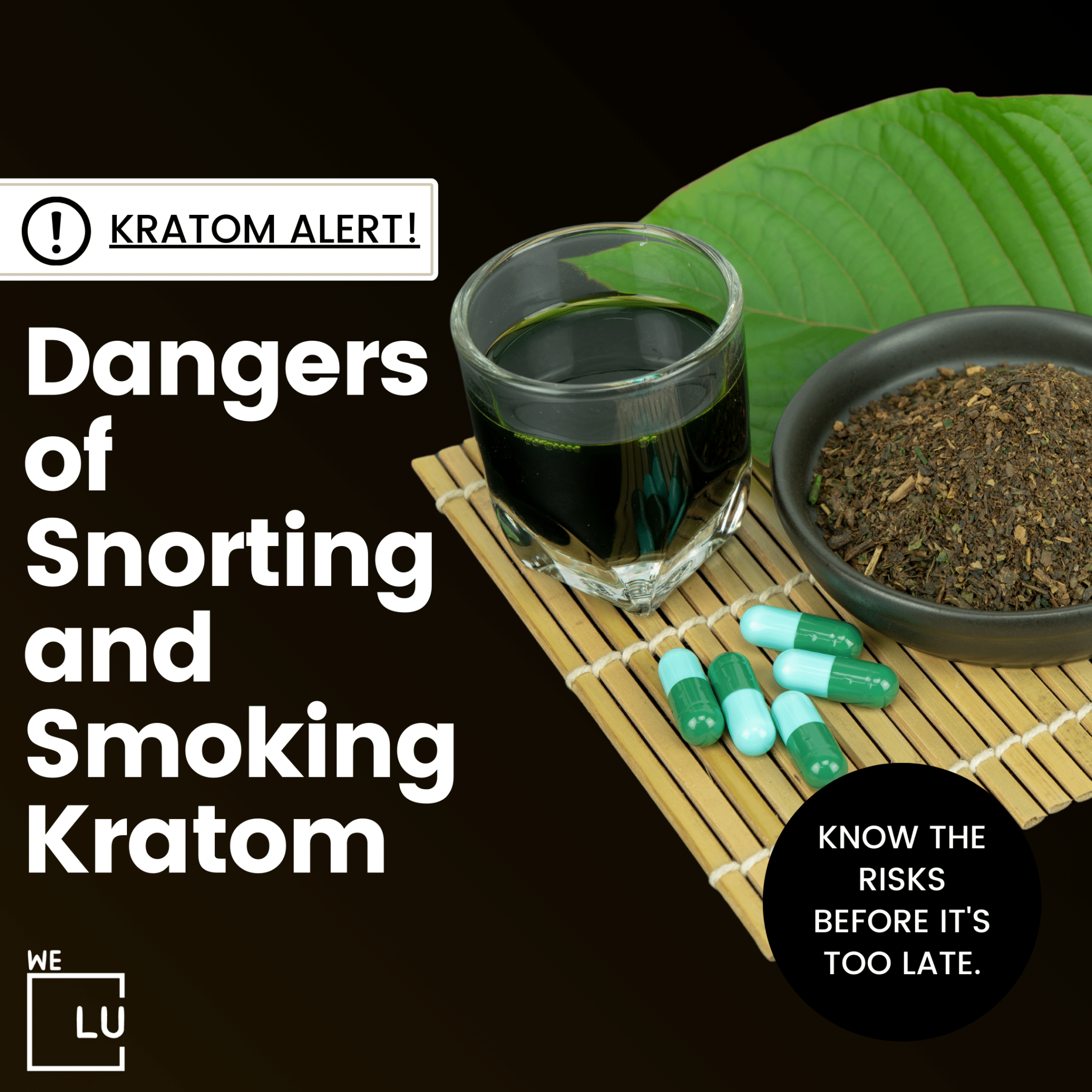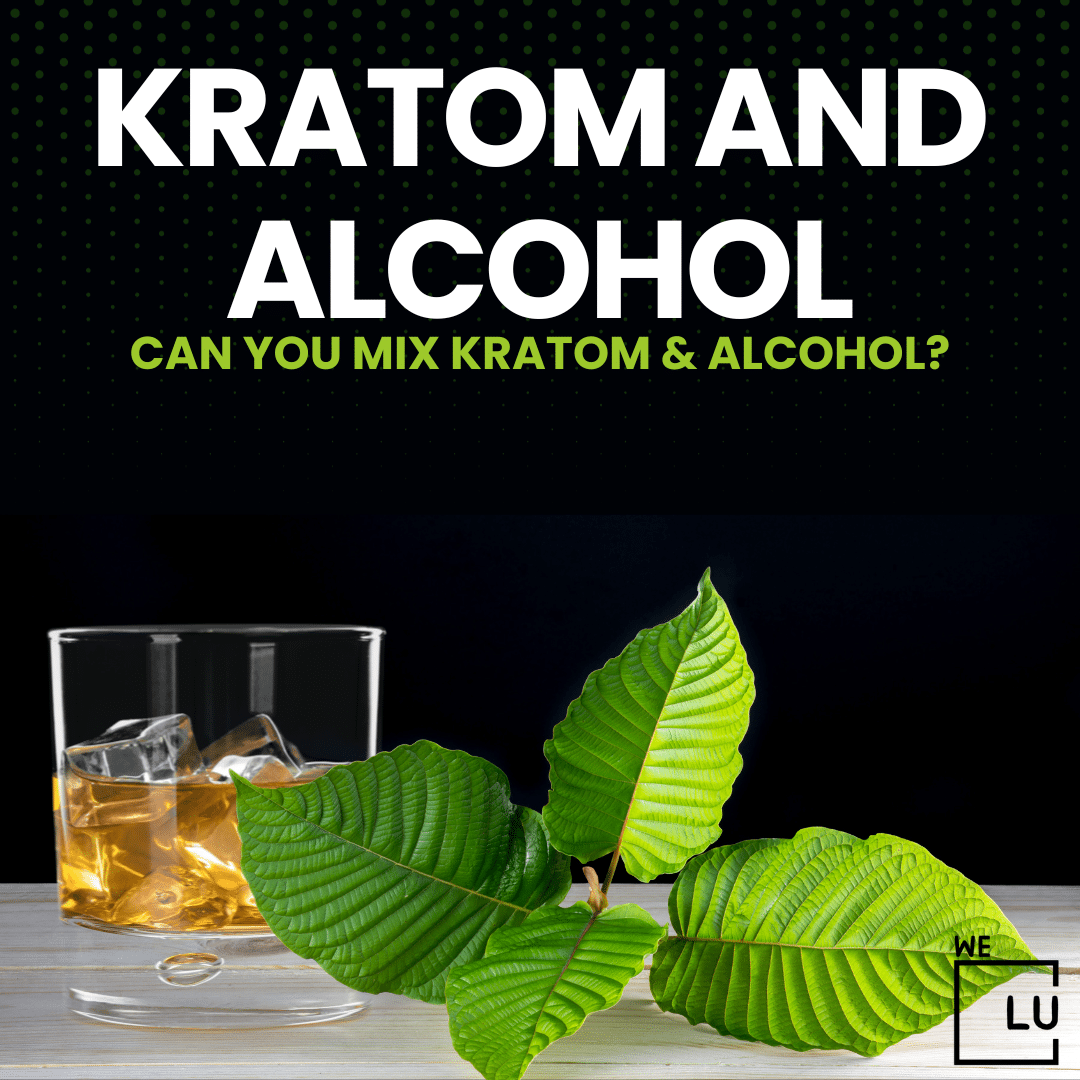Misusing heroin through snorting is a slippery slide that poses serious health risks and worsens the already devastating consequences of opioid abuse. Snorting heroin, a method chosen by some individuals seeking a less invasive approach than an injection, exposes users to potential damage to nasal passages, respiratory complications, and heightened risks of overdose. The delayed onset of effects may deceive individuals into underestimating the potency of the drug, leading to a dangerous spiral of increased usage. Can you snort heroin? Yes, but it is filled with risks and dangers. Read on to learn more and better understand this method of heroin abuse.
If you or someone you know is struggling with heroin abuse, don’t hesitate to reach out to We Level Up CA—a dedicated resource for comprehensive support and assistance in overcoming the challenges of addiction. Your journey toward recovery begins with a commitment to seeking help and reclaiming a healthier, more fulfilling life.
What Is Heroin?
Heroin is a powerful and highly addictive opioid drug derived from morphine, which is a natural substance extracted from the seed pod of certain varieties of poppy plants. It is classified as a Schedule I controlled substance due to its high potential for abuse and the absence of accepted medical uses in the United States.
Heroin is typically found as a white or brown powder or as a black sticky substance known as “black tar heroin.” It can be injected, snorted, or smoked, and users often experience an intense, euphoric “rush” shortly after administration. Heroin acts as a central nervous system depressant, slowing down heart rate and respiration and inducing a state of relaxation and sedation.
Despite its initial pleasurable effects, heroin use carries significant risks. Heroin effects include a higher risk of addiction, overdose, and a range of physical and mental health complications. Long-term use can lead to tolerance, dependence, and profound changes in brain function.
Can You Snort Heroin?
Snorting heroin is one method of misusing the drug that involves inhaling the powdered form of the substance through the nose. While less common than injection, snorting heroin is still associated with severe health risks. Here are some critical points about snorting heroin:
When heroin is snorted, it is absorbed through the mucous membranes in the nose. The drug then enters the bloodstream and is transported to the brain, where it exerts its effects. Snorting provides a relatively rapid onset of effect compared to other non-injectable methods, but it is generally slower than injecting the drug directly into the veins.
Dangers Of Snorting Heroin
Snorting heroin affects the body by introducing the drug into the bloodstream through the mucous membranes in the nasal passages. While the effects are not as immediate as with injection, snorting heroin can still have profound and potentially harmful impacts on the body. It also poses several dangers and health risks, including short-term and long-term consequences.
- Absorption and Onset of Effects:
- When heroin is snorted, it is absorbed through the nasal mucosa into the bloodstream.
- The onset of effects is relatively rapid, though slower compared to injecting the drug.
- Central Nervous System (CNS) Depression:
- Heroin is a central nervous system depressant, meaning it slows down the activity of the brain and spinal cord.
- The depressant effects can lead to a sense of euphoria, relaxation, and pain relief.
- Respiratory Effects:
- One of the most significant risks associated with heroin use, regardless of the method, is respiratory depression.
- Snorting heroin can still lead to slowed or suppressed breathing, which can be dangerous and, in extreme cases, result in respiratory failure.
- Cardiovascular Effects:
- Heroin use can cause a decrease in heart rate and blood pressure.
- These cardiovascular effects contribute to the overall depressant impact on the body.
- Nasal and Respiratory Issues:
- Chronic snorting of heroin can lead to damage to the nasal passages and respiratory system.
- Irritation, inflammation, and damage to the nasal mucosa may result in nosebleeds, chronic congestion, and respiratory problems.
- Risk of Overdose:
- Heroin overdose is a severe risk with any method of use, including snorting.
- The risk is influenced by factors such as the purity of the drug, an individual’s tolerance, and the presence of other substances.
- Addiction and Dependence:
- Heroin is highly addictive, and repeated use can lead to the development of tolerance and dependence.
- Individuals may find it challenging to control their drug use and may experience cravings and withdrawal symptoms when not using heroin.
- Infectious Diseases: Sharing snorting paraphernalia, such as straws or bills, can increase the risk of contracting infectious diseases like hepatitis or HIV.
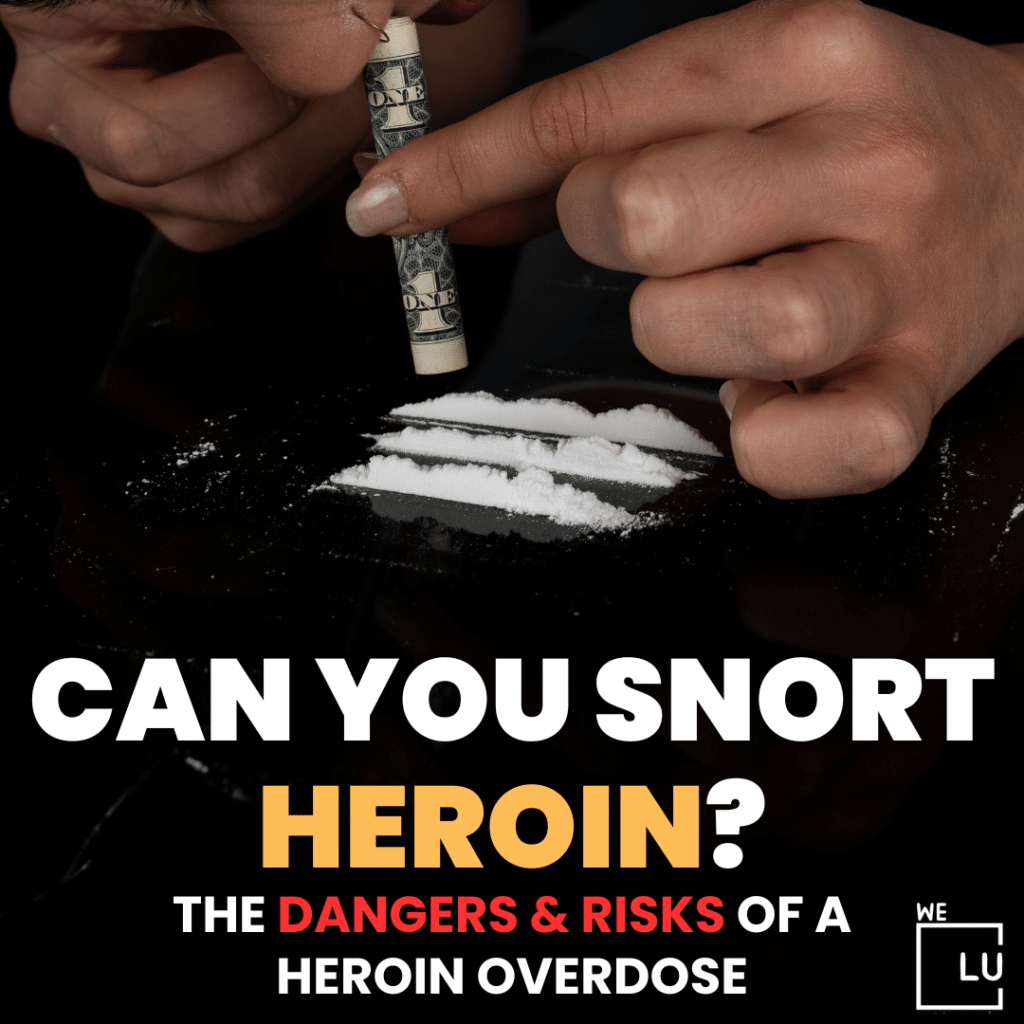
Skip To:
Learn More:
- Heroin Effects. Long Term And Short Term Effects of Heroin
- Heroin Addiction, Symptoms, Effects & Treatment
- Heroin Detox Importance, Process, Duration, Medications, Withdrawal, Programs, Methods, Therapies & Treatments
- Heroin Withdrawal Symptoms, Timeline, Addiction & Treatment
- What does heroin look like? Purity, Cutting Agents, Overdose, Risks, Addiction & Treatment
- Is Heroin A Narcotic? Opioids, Specifics, Street Names, Heroin Addiction, Overdose, Withdrawal & Treatment
- How Long Does Heroin Stay In Your System? Effects, Overdose & Treatment
- What Are Heroin Track Marks? Recognizing Signs Of Addiction.

Get Your Life Back
Find Hope & Recovery. Get Safe Comfortable Detox, Addiction Rehab & Dual Diagnosis High-Quality Care.
Hotline (855) 695-1160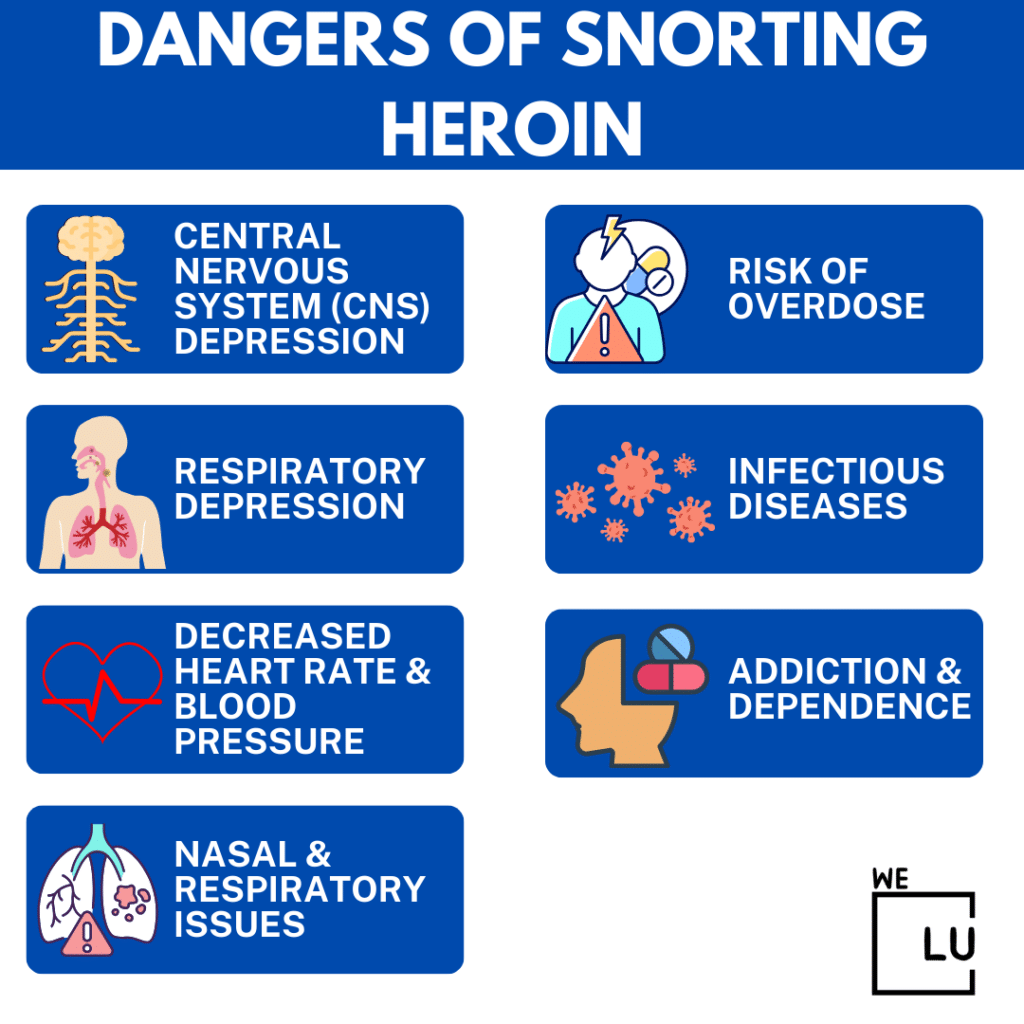
Risks Of A Heroin Overdose
The risks of a heroin overdose from snorting the drug are similar to those associated with other methods of administration, although the specific impact may vary. Here are some risks specifically related to a heroin overdose from snorting:
- Respiratory Depression: Snorting heroin can still lead to significant respiratory depression, where breathing becomes slow and shallow. This is a central concern in overdose situations and can result in a lack of oxygen to vital organs, leading to serious health consequences or death.
- Delayed Onset of Effects: The onset of effects from snorting heroin is generally slower than injection, but an individual may underestimate the strength of the drug. This delayed onset may lead to individuals taking more heroin, increasing the risk of overdose.
- Difficulty Recognizing Overdose Symptoms: Snorting heroin may make it more challenging for individuals to recognize overdose symptoms promptly. The slower onset of effects might cause users to believe they have not taken enough, leading to delayed intervention.
- Infectious Diseases: Sharing snorting paraphernalia, such as straws or bills, can increase the risk of transmitting infectious diseases like hepatitis or HIV. In overdose situations, individuals may be less cautious about sharing equipment, further elevating the risk of disease transmission.
- Combined Drug Use: Individuals who snort heroin may also be more likely to combine it with other substances, such as alcohol or benzodiazepines, which can increase the risk of overdose and complicate medical interventions.
- Organ Damage: Overdosing on heroin, regardless of the method of administration, can lead to organ damage due to oxygen deprivation. Vital organs, including the brain, may be particularly vulnerable.
- Choking and Aspiration: Impaired consciousness during an overdose can lead to vomiting, increasing the risk of choking and aspiration, especially if the individual is lying on their back.
- Fatal Outcome: Without prompt medical intervention, a heroin overdose, including from snorting, can be fatal. The risk of death is heightened if overdose symptoms are not addressed quickly and effectively.
If someone is suspected of a heroin overdose, it is crucial to seek immediate medical assistance by calling emergency services. Naloxone, an opioid antagonist, is a medication that can reverse the effects of an opioid overdose and is often used in emergencies. In some regions, it may be available over the counter or administered by emergency responders.
Get Help. Get Better. Get Your Life Back.
Searching for an Accredited Drug and Alcohol Rehab Centers in Near You?
Even if you have failed previously and relapsed, or are in the middle of a difficult crisis, we stand ready to support you. Our trusted behavioral health specialists will not give up on you. When you feel ready or just want someone to speak to about therapy alternatives to change your life call us. Even if we cannot assist you, we will lead you to wherever you can get support. There is no obligation. Call our hotline today.
FREE Addiction Hotline – Call 24/7How Is Heroin Misused?
Heroin is typically misused in several ways, with users seeking to experience its powerful and euphoric effects. The most common methods of heroin misuse include:
- Injection: Injecting heroin directly into the veins, known as intravenous (IV) use, is one of the most efficient ways to achieve an immediate and intense high. This method poses significant risks, including the potential for infections, collapsed veins, and the transmission of bloodborne diseases.
- Snorting: Some individuals misuse heroin by snorting it through the nose. This involves inhaling the powdered form of the drug, leading to absorption through the nasal mucosa. Snorting provides a slower onset of effects compared to injection but is still associated with health risks, including damage to the nasal passages.
- Smoking: Heroin can be heated and vaporized, and the resulting smoke is inhaled. Smoking heroin provides a quicker onset of effects than snorting but is less immediate than injection. This method can lead to respiratory issues and is less common than other forms of use.
- Inhalation (Chasing the Dragon): “Chasing the Dragon” is a method where heroin is heated on foil, and the vapors are inhaled. This technique allows for a rapid onset of effects without requiring injection. Like smoking, it carries risks of respiratory problems.
- Oral Ingestion: While less common due to the slower onset of effects, some individuals may ingest heroin orally. This method requires a larger dose to achieve the desired effects and is less efficient than other forms of use.
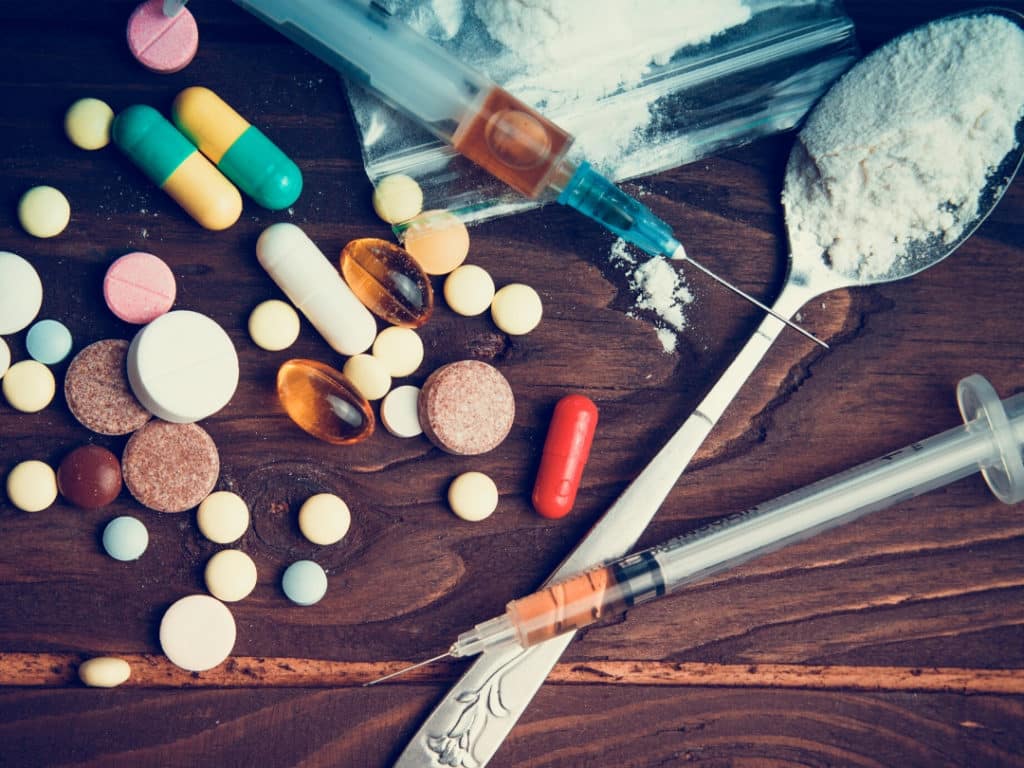
First-class Facilities & Amenities
World-class High-Quality Addiction & Mental Health Rehabilitation Treatment
Rehab Centers TourRenowned California Addiction Center. Serene Private Facilities. Inpatient rehab programs vary.
Addiction Helpline (855) 695-1160Proven recovery success experience, backed by a Team w/ History of:
15+
Years of Unified Experience
100s
5-Star Reviews Across Our Centers
10K
Recovery Success Stories Across Our Network
- Low Patient to Therapist Ratio
- Onsite Medical Detox Center
- Comprehensive Dual-Diagnosis Treatment
- Complimentary Family & Alumni Programs
- Coaching, Recovery & Personal Development Events
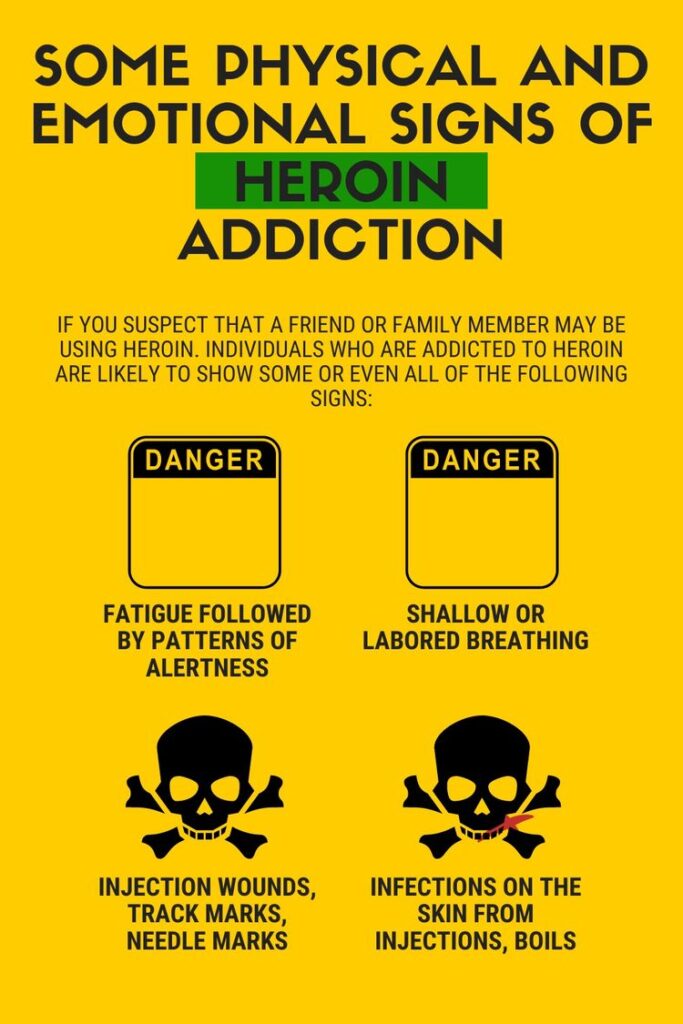
Heroin Addiction
Heroin addiction is a severe and complex condition characterized by a compulsive and uncontrollable urge to seek and use heroin despite its negative consequences. Here are key aspects of heroin addiction:
- Physical Dependence: Prolonged heroin use can lead to physical dependence, where the body adapts to the presence of the drug. Dependence is often accompanied by tolerance, requiring higher doses to achieve the desired effects.
- Psychological Dependence: In addition to physical dependence, individuals with heroin addiction often develop a psychological dependence on the drug. This involves a strong emotional and mental reliance on heroin to cope with stress, negative emotions, or life challenges.
- Cravings: One of the hallmarks of addiction is intense cravings for the substance. Individuals with heroin addiction may experience solid and overwhelming urges to use the drug, even after periods of abstinence.
- Compulsive Drug Seeking: Heroin addiction is characterized by compulsive drug-seeking behavior. Despite knowing the negative consequences, individuals may engage in risky and harmful activities to obtain and use the drug.
- Social and Occupational Impairment: Heroin addiction can lead to significant disruptions in various aspects of life, including relationships, work, and social activities. Individuals may neglect responsibilities and withdraw from family and friends.
- Health Consequences: Heroin use is associated with numerous health risks, including the potential for overdose, respiratory issues, infectious diseases (such as HIV and hepatitis), and mental health disorders.
- Withdrawal Symptoms: When individuals with heroin addiction attempt to stop or reduce their drug use, they may experience withdrawal symptoms. These symptoms can be physically and emotionally distressing and may include nausea, vomiting, sweating, anxiety, and muscle pain.
- Legal and Financial Issues: The illegal nature of heroin use can lead to legal consequences. Additionally, maintaining a heroin addiction can be financially burdensome, leading to financial strain and legal challenges.
- Treatment Options: Treatment for heroin addiction often involves a combination of medical, behavioral, and psychosocial interventions. Detoxification may be the first step, followed by counseling, therapy, and support groups. Medications such as methadone, buprenorphine, or naltrexone may also be used to support recovery.
Approach heroin addiction with empathy and understanding, recognizing that it is a complex health condition that requires comprehensive and individualized treatment.
World-class, Accredited, 5-Star Reviewed, Effective Addiction & Mental Health Programs. Complete Behavioral Health Inpatient Rehab, Detox plus Co-occuring Disorders Therapy.
CALL (855) 695-1160End the Addiction Pain. End the Emotional Rollercoaster. Get Your Life Back. Start Drug, Alcohol & Dual Diagnosis Mental Health Treatment Now. Get Free No-obligation Guidance by Substance Abuse Specialists Who Understand Addiction & Mental Health Recovery & Know How to Help.
Addiction Recovery Story of Alcoholism, Crack Cocaine Addiction, & Heroin Addiction To Sobriety & AA
Experience Transformative Recovery at the We Level Up California Treatment Center.
See our authentic success stories. Get inspired. Get the help you deserve.



Start a New Life
Begin with a free call to an addiction & behavioral health treatment advisor. Learn more about our dual-diagnosis programs. The We Level Up treatment center network delivers recovery programs that vary by each treatment facility. Call to learn more.
- Personalized Care
- Caring Accountable Staff
- World-class Amenities
- Licensed & Accredited
- Renowned w/ 100s 5-Star Reviews
We’ll Call You
Search We Level Up CA Can You Snort Heroin, Drug & Alcohol Rehab / Detox & Mental Health Topics & Resources
Sources
- ‘Heroin DrugFacts’ – The National Institute on Drug Abuse (drugabuse.gov)
- ‘Heroin’ – National Library of Medicine (Medlineplus.gov)
- Heroin addiction, Sándor Hosztafi, National Library of Medicine (pubmed.ncbi.nlm.nih.gov)
- NIDA. “What is heroin and how is it used?.” National Institute on Drug Abuse, 13 Apr. 2021, https://nida.nih.gov/publications/research-reports/heroin/what-heroin
- NIDA. “What effects does heroin have on the body?.” National Institute on Drug Abuse, 22 Mar. 2022, https://nida.nih.gov/publications/research-reports/heroin/effects-of-heroin-on-body
- NIDA. “What can be done for a heroin overdose?.” National Institute on Drug Abuse, 2 Nov. 2023, https://nida.nih.gov/publications/research-reports/heroin/what-can-be-done-for-heroin-overdose
- Huecker MR, Koutsothanasis GA, Abbasy MSU, et al. Heroin. [Updated 2023 Dec 4]. In: StatPearls [Internet]. Treasure Island (FL): StatPearls Publishing; 2023 Jan-. Available from: https://www.ncbi.nlm.nih.gov/books/NBK441876/
- National Collaborating Centre for Mental Health (UK). Drug Misuse: Psychosocial Interventions. Leicester (UK): British Psychological Society (UK); 2008. (NICE Clinical Guidelines, No. 51.) 3, INTRODUCTION TO DRUG MISUSE. Available from: https://www.ncbi.nlm.nih.gov/books/NBK53217/ Read on: can you snort heroin, snorting heroin, snort heroin, what happens if you snort heroin, can heroin be snorted, do people snort heroin, do you snort heroin, what happens when you snort heroin, snorting heroine,
- Marks LR, Nolan NS, Liang SY, Durkin MJ, Weimer MB. Infectious Complications of Injection Drug Use. Med Clin North Am. 2022 Jan;106(1):187-200. doi: 10.1016/j.mcna.2021.08.006. PMID: 34823730. https://pubmed.ncbi.nlm.nih.gov/34823730/
- Zule WA, Vogtsberger KN, Desmond DP. The intravenous injection of illicit drugs and needle sharing: an historical perspective. J Psychoactive Drugs. 1997 Apr-Jun;29(2):199-204. doi: 10.1080/02791072.1997.10400188. PMID: 9250947. https://pubmed.ncbi.nlm.nih.gov/9250947/
